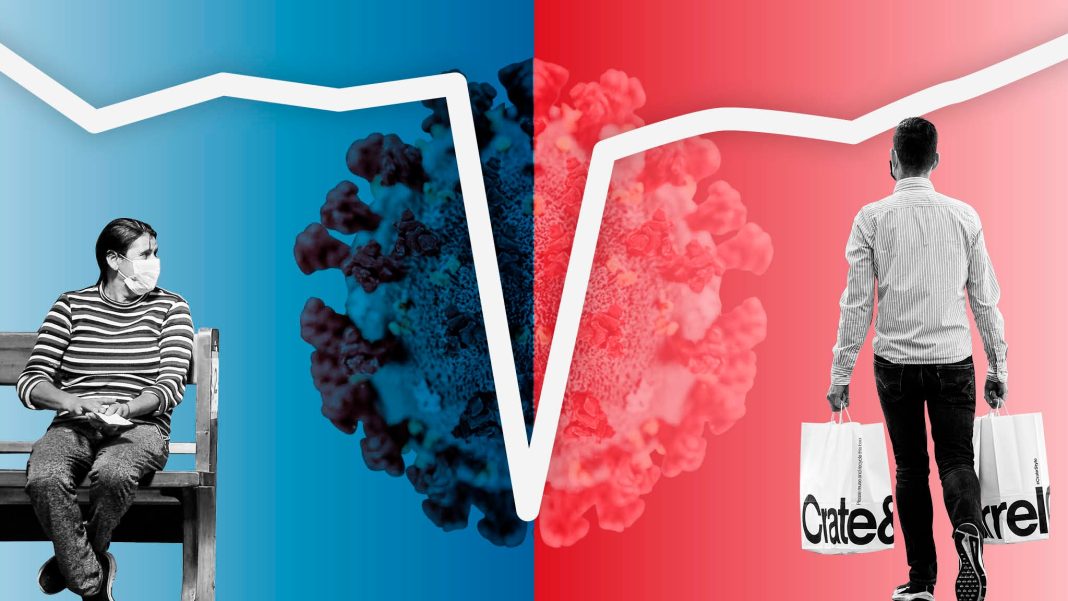BEIJING: As Chinese people opt to avoid going out in face of COVID infection surge this week amid government’s efforts to flatten the infection curve, consumption is seen as being a major casualty, but Chinese economists said the impact will be rather temporary, with even no major dent on the December consumption data expected.
Despite a noticeable decrease in the number of people on the streets or in the malls, after China has optimized its epidemic response measures, a number of Chinese enterprises have expressed their positivity on the economic outlook and are seeing the Spring Festival holiday (January 21-27) as what could be the first opportunity for pent-up demand to explode, the Global Times learnt.
Since the government announced optimized anti-COVID epidemic response measures on December 7, cities across China have seen a marked decrease in people leaving their homes as people choose to stay put to avoid being infected.
Many restaurants in Beijing have suspended dine-in services, offering only food delivery or takeaway services. Shopping malls, though open, are frequented with very few people.
In Central China’s Hunan Province, Liu Renjun, a manager of Hunan Xiangjun Catering Co, told the Global Times on Thursday that the attendance to his restaurants fell by more than half this week compared with two weeks ago but he still keeps his eight restaurants open.
“Many people around me have been tested positive for COVID and diners choose not to dine outside,” Liu said. “But I am counting on people’s cautious reaction to end before the Spring Festival, which is a vital season of income for catering industries.” “I think the Chinese society will come back in full strength at latest by next March and April, and I am already planning to open up a new restaurant by then to tap the recovered consumption,” Liu said, noting three years’ fight with epidemic has taught him to optimize his operation to keep its impact to the minimum.
Yang Ying, vice general manager of Windsor KTV, a leading KTV company in China, told the Global Times on Thursday that her company is still keeping operation despite a low attendance and the loss incurred by the down time. “We are feeling the stone to cross the river. We are taking a wait-and-see stance,” Yang said.
On Thursday, China’s posted November retail sales data, which was down 5.9 percent year-on-year. Industrial production also slowed to only a 2.2 percent increase.
Despite the weak November data and people avoiding going out have fueled worries that eased COVID restrictions may not bring about economic recovery as much as possible, however, economists interviewed by the Global Times said they are cautiously optimistic about growth in December, saying the impact is partial, phased and temporary.
Cao Heping, an economist at Peking University, told the Global Times on Thursday that the impact of the current situation will be light in what he describes as two-week-long market memory.
“People’s feelings and attitude toward a situation can fluctuate wildly in a matter of two weeks, and the new feeling often negate the older feelings,” Cao said. “As people get out of one system and venture into another, they are cautious. But once they get used to the new norms, they will be bold again.”
“If the situation just lasts for two weeks, the impact on consumption will be really light on the quarterly economic performance,” Cao said.
–The Daily Mail-Global Times News Exchange Item





